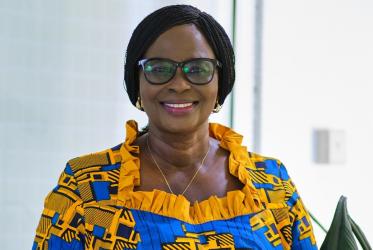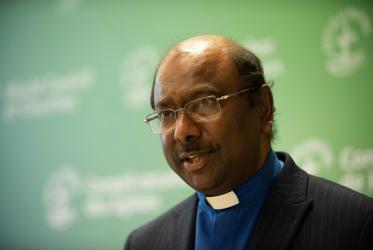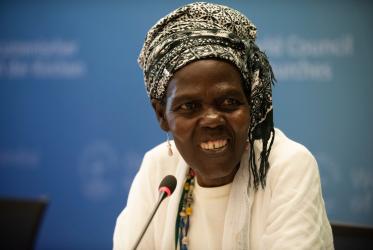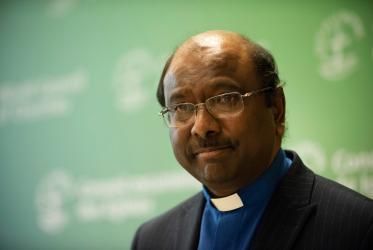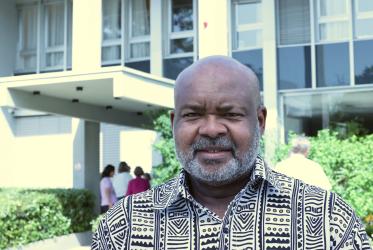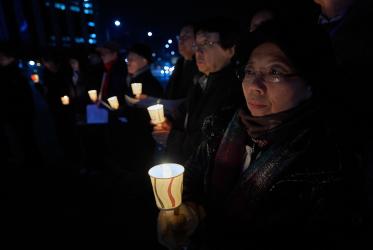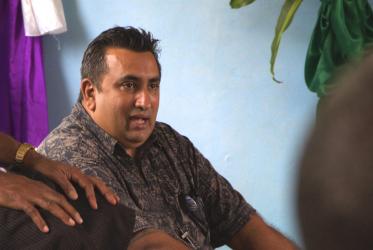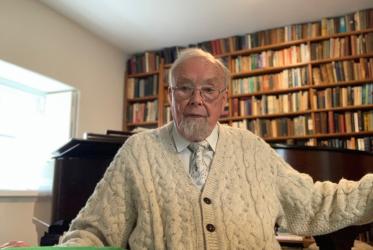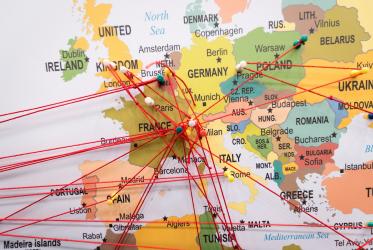Displaying 1 - 20 of 47
08 September 2023
Pandemic and pedagogy: what are the valuable lessons?
21 December 2022
Gracia Ross: “Responding to HIV is a moral obligation”
27 September 2022
Bridging gaps and bringing people to the table
23 June 2022
In Pacific islands, inequity casts deep shadow on digital space
10 September 2021




